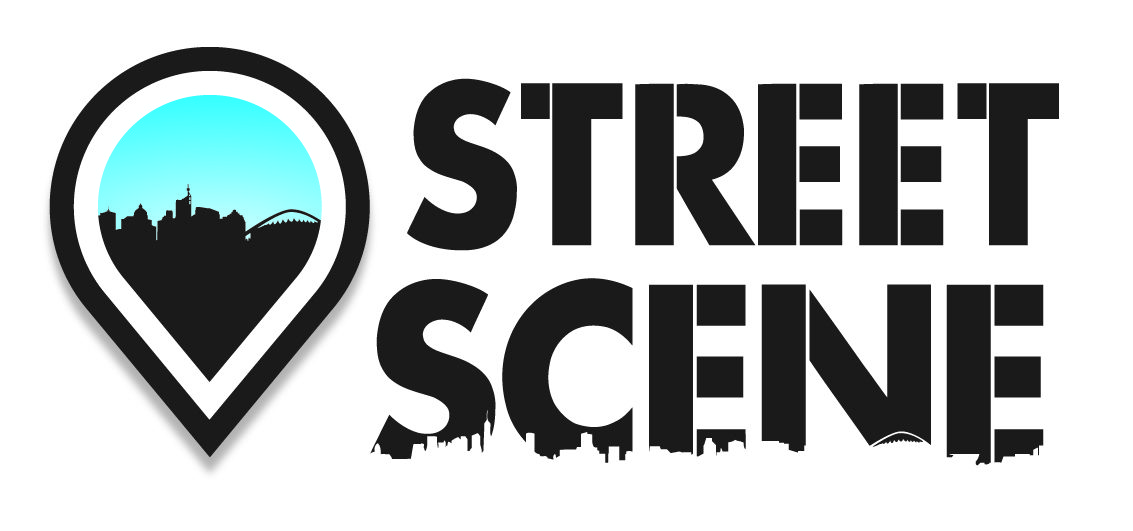
People with intellectual or developmental disabilities have difficulty living independently, attending school, and working. Individuals may require assistance with cooking, banking, traveling, arranging social events, contacting medical professionals, and securing employment.
Numerous families are responsible for caring for children with intellectual and developmental problems. The phrase child is typically associated with young children, however it can also refer to a sibling or parent of a young child.
Taking care of disabled individuals, whether they are toddlers or adults, may make it difficult to balance your everyday demands.
Prioritize the Individual Over the Disability
If you have never spent time with a person with a handicap, you may find the experience quite challenging. During your initial meeting, you may feel uncertain about how to approach them.
If you are having difficulty with any interaction, consider putting yourself in their shoes.
Ensure that your tone and language are suitable.
When interacting with a person with a disability, you do not need to raise your voice or speak more slowly than necessary. If their impairment affects their capacity to communicate, be adaptable and determine what works best for them. Consider twice before using phrases such as “the deaf and stupid” or “someone who is physically disabled.” The word “disability” has a highly negative past, therefore use caution when employing such phrases.
You should also avoid suggesting that a person with a disability is extraordinary or superhuman.
Ask Concerning the Individual Behind the Disability.
There will come a time when you may not know how to interact with or assist a person with a disability.
Instead of making assumptions or judgments about the needs of a person with a handicap.
Take the time to learn more about the individual with the handicap.
What can they no longer do that they once could?
What would make their day more enjoyable?
When you take the time to ask questions, you may be surprised by what you uncover. These insights about their personality will help you find a more productive approach to collaborate and the most creative, innovative, and enjoyable way to spend the day with them.
The options are limitless!
Encourage Disability Inclusion
Developing inclusive attitudes will directly confront and disrupt the stigma still faced by many persons with disabilities.
Changing community attitudes about individuals with disabilities is one of the greatest challenges our civilization faces.
Consider the Individual Behind the Disability
Listening to others and allowing them to express themselves is vital to ensuring that they feel empowered and confident within themselves.
When you want to take learning disability support you can try working at LDN https://www.ldnlondon.org/ but make sure you have patience to avoid blowing up on patients.

